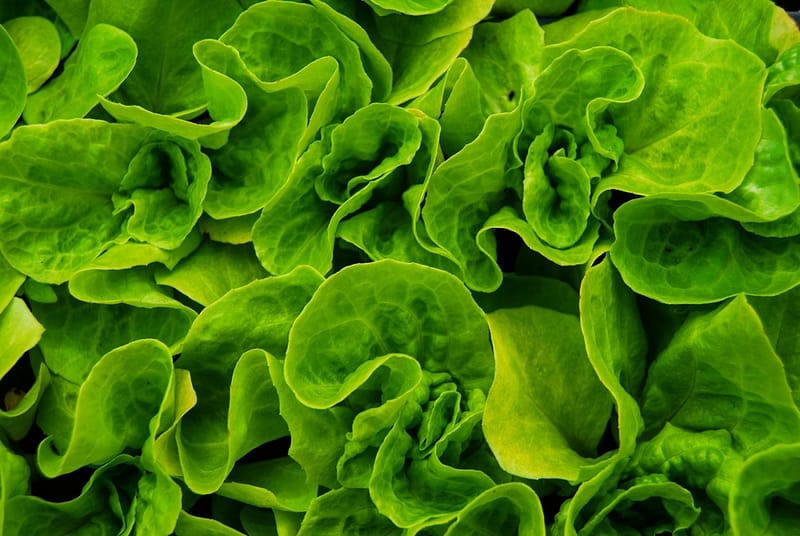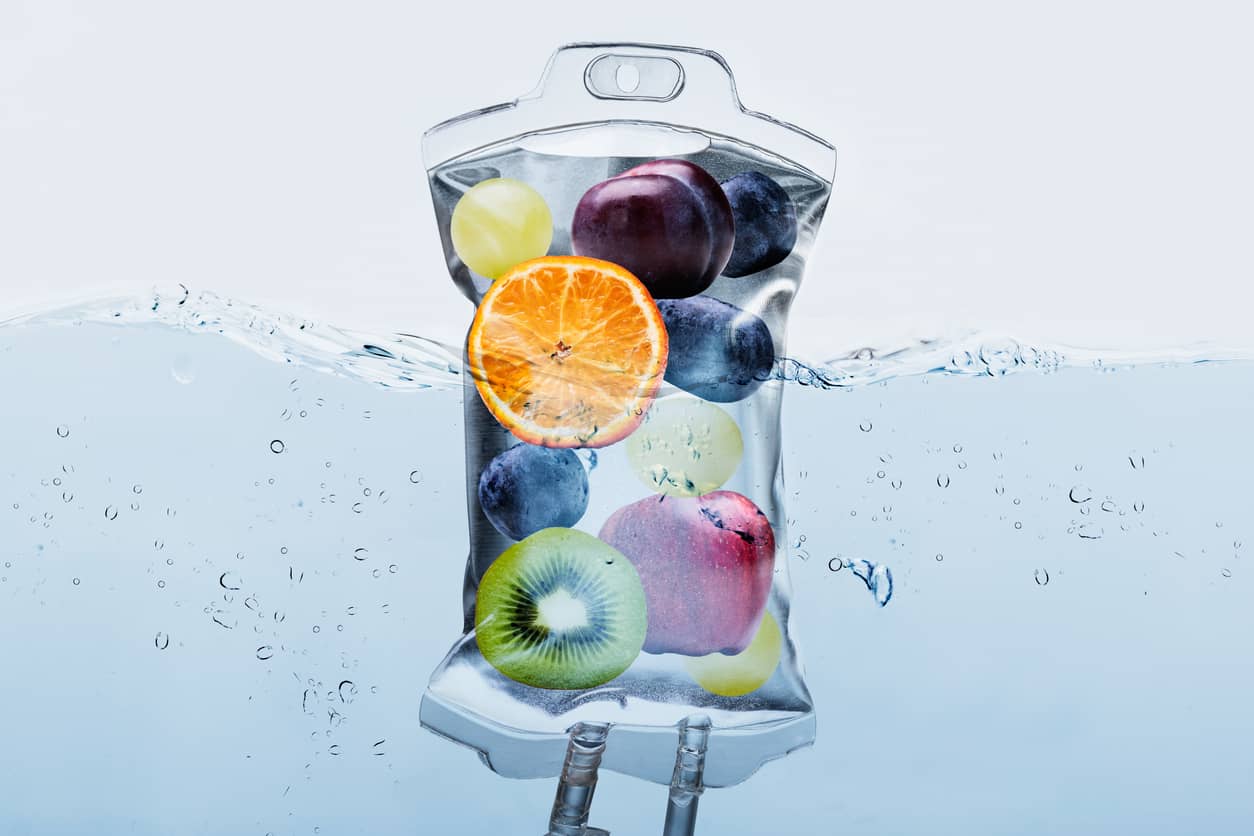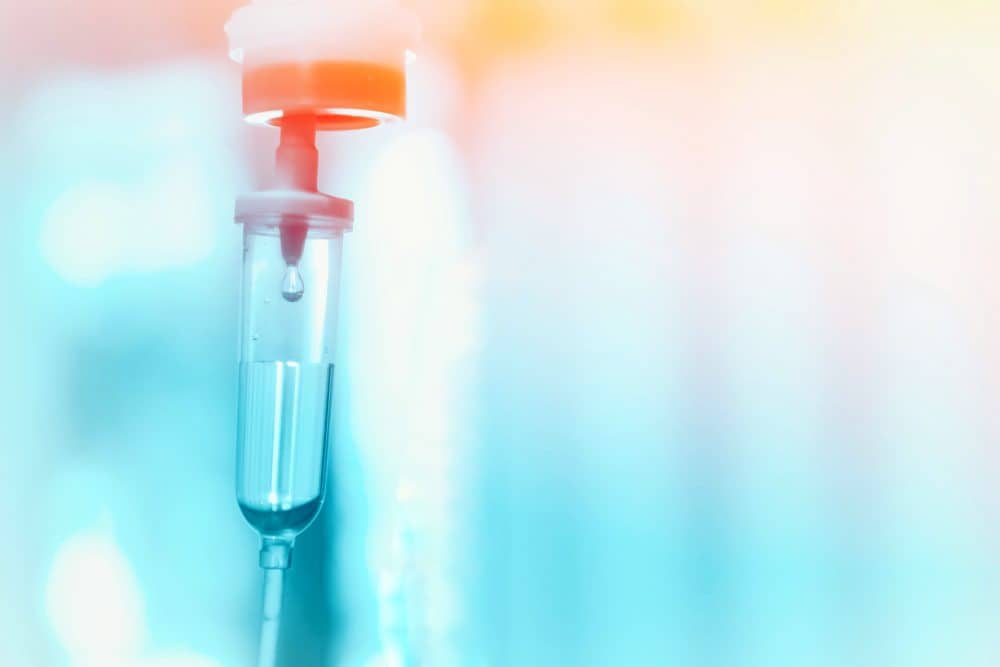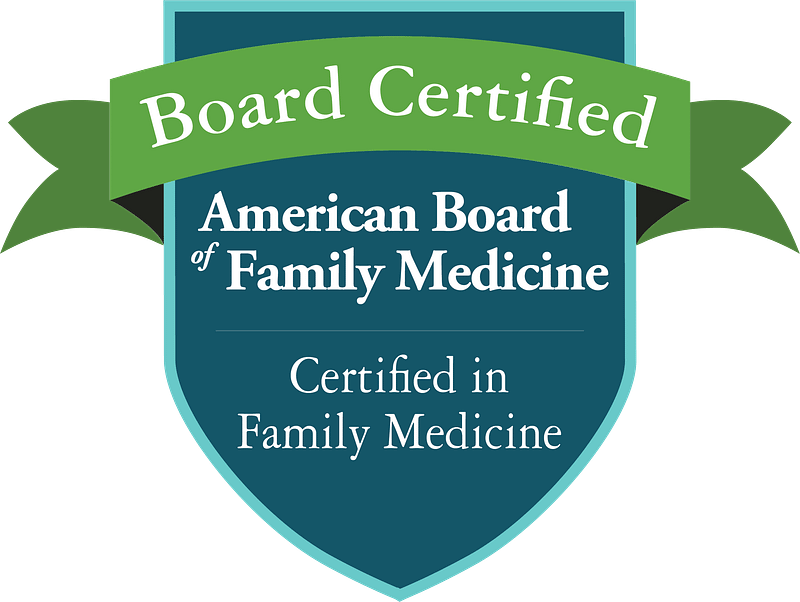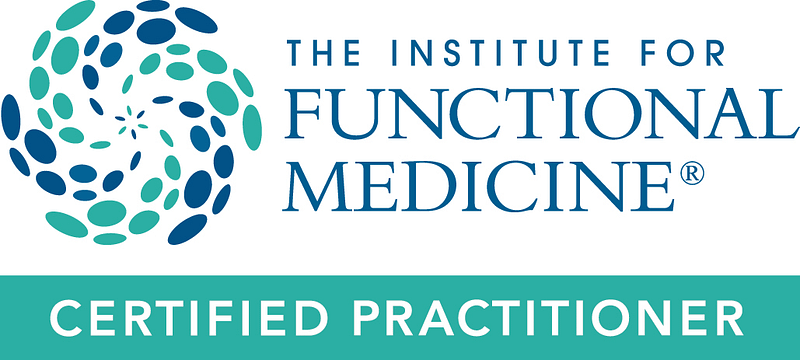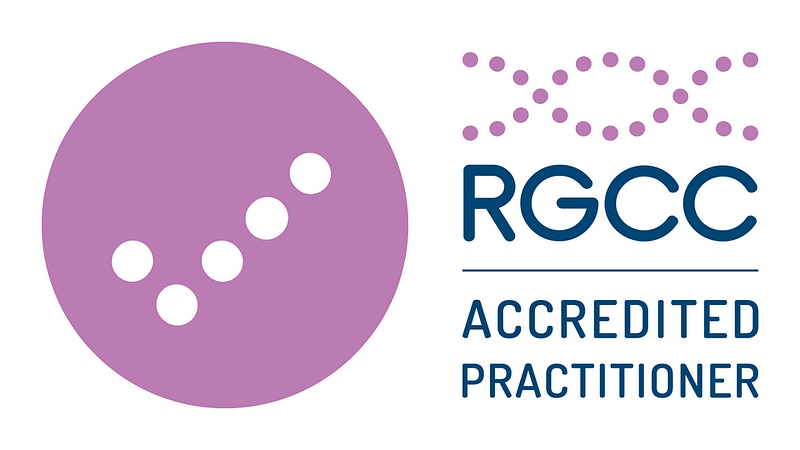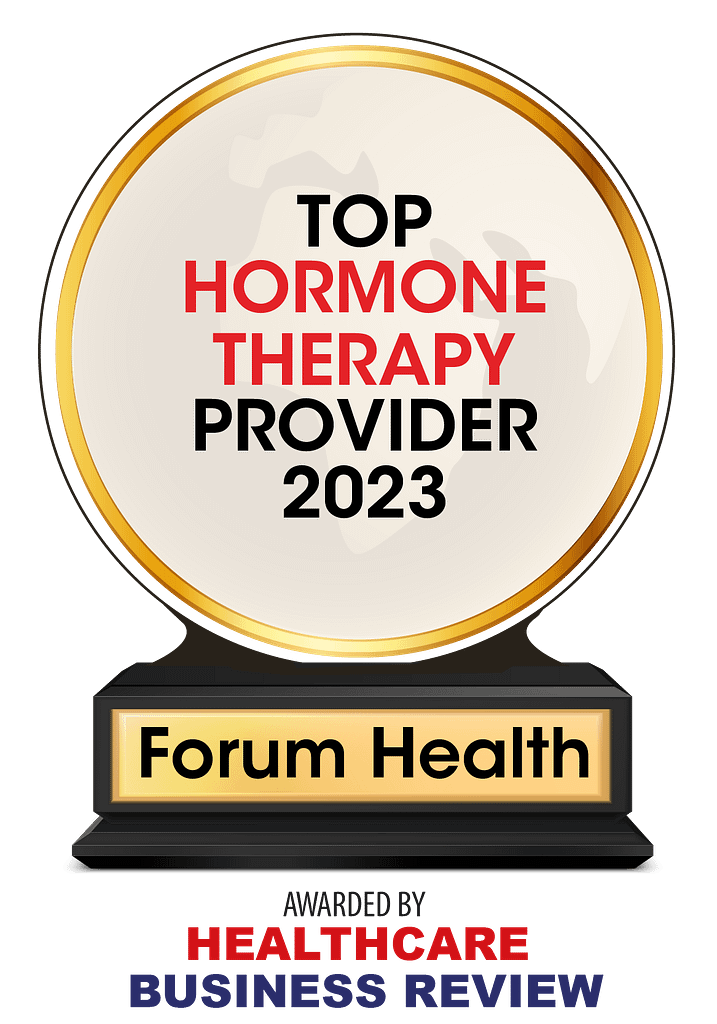Pesticides have actions that interfere with the way hormones work and are thus called endocrine disruptors. Wildlife studies of infertility and physical abnormalities of gulls, deer, terns, fish, frogs, whales, porpoises, alligators, and turtles link environmental contaminants with disturbances in the production or action of sex hormones.
Humans have not escaped the effects of pesticides in the environment. People who contact pesticides don’t go belly up like insects only because they are bigger than insects and don’t get a fatal dose. But they are maimed.
In 1999, the Lancet reported on a study that looked at infertile couples seeking in-vitro fertilization (IVF), more commonly known as test tube fertilization Sperm from men with high on-the-job pesticide exposure had a 78 percent decline in in-vitro fertilization success rates when compared with sperm from men without occupational pesticide exposure. In comparison, men having a history of moderate on-the-job pesticide exposure had a 48 percent decline in sperm production.
A study at Stanford University’s School of Medicine looked at 496 people who were newly diagnosed with Parkinson’s disease. Those who had been exposed to pesticides in the home (where they disintegrate less quickly than outdoors) were found to be 70% more likely to develop Parkinson’s disease than people who did not have pesticide exposures.
As reported in Occupational and Environmental Medicine, women with breast cancer were more than five times as likely to have detectable levels of DDT as the healthy women. Farmers also have a higher incidence of prostate cancer than the general population. More research is needed to understand the cause and effect between pesticide use and reproductive cancer.
It is prudent to avoid contact with pesticides, especially indoors. You can read about safer solutions to bug problems in many books and websites including the site www.beyondpesticides.org and click on Info Services and Living Healthy in a Toxic World, by David Steinman, et al.


